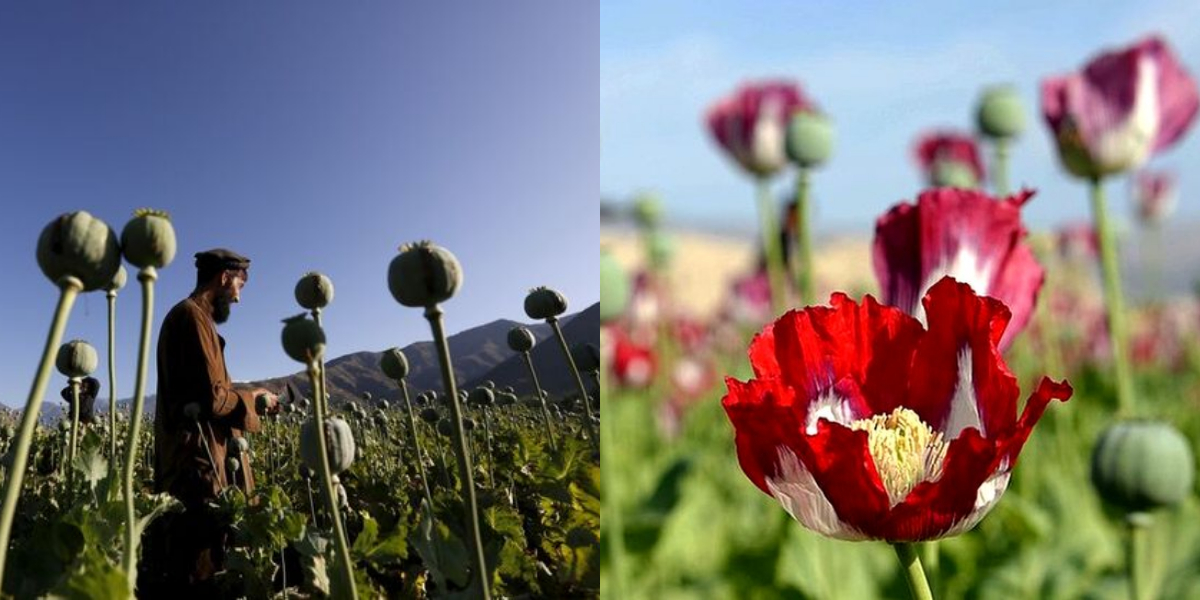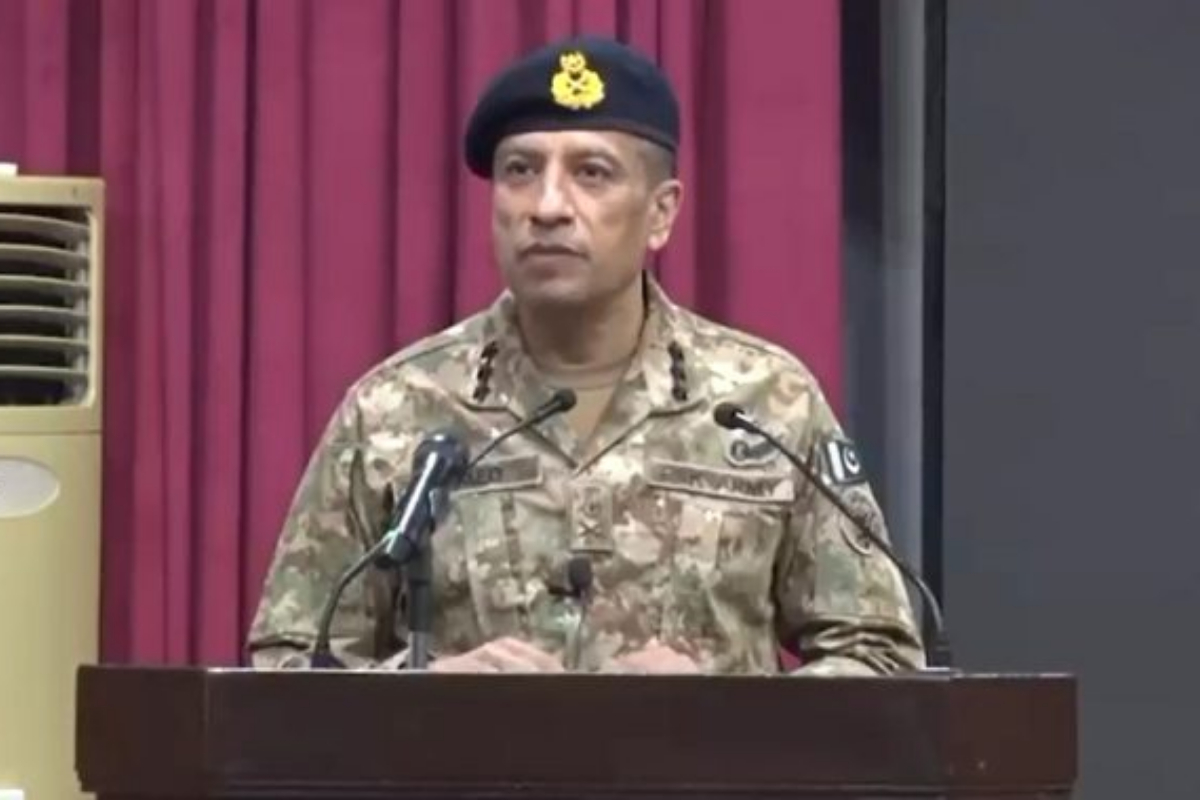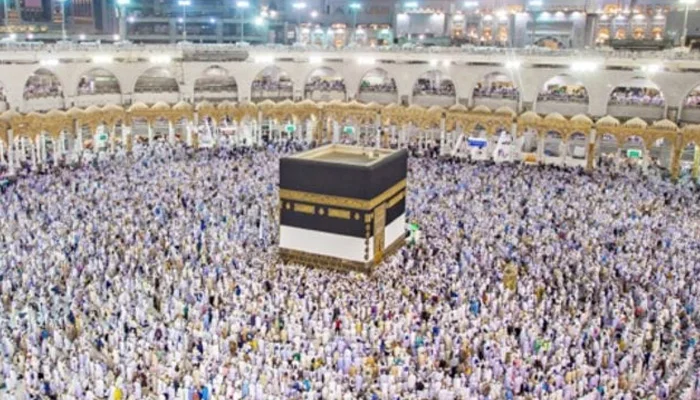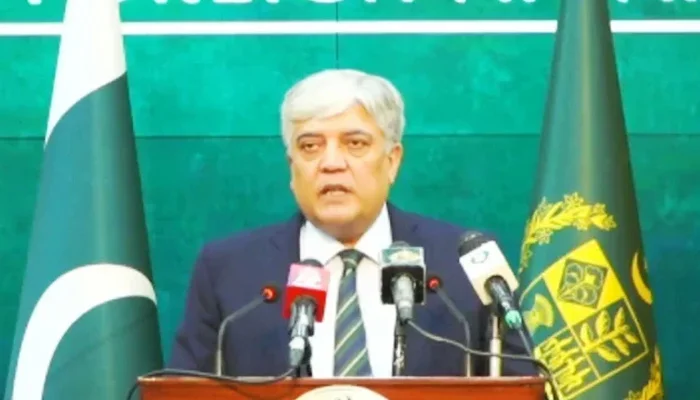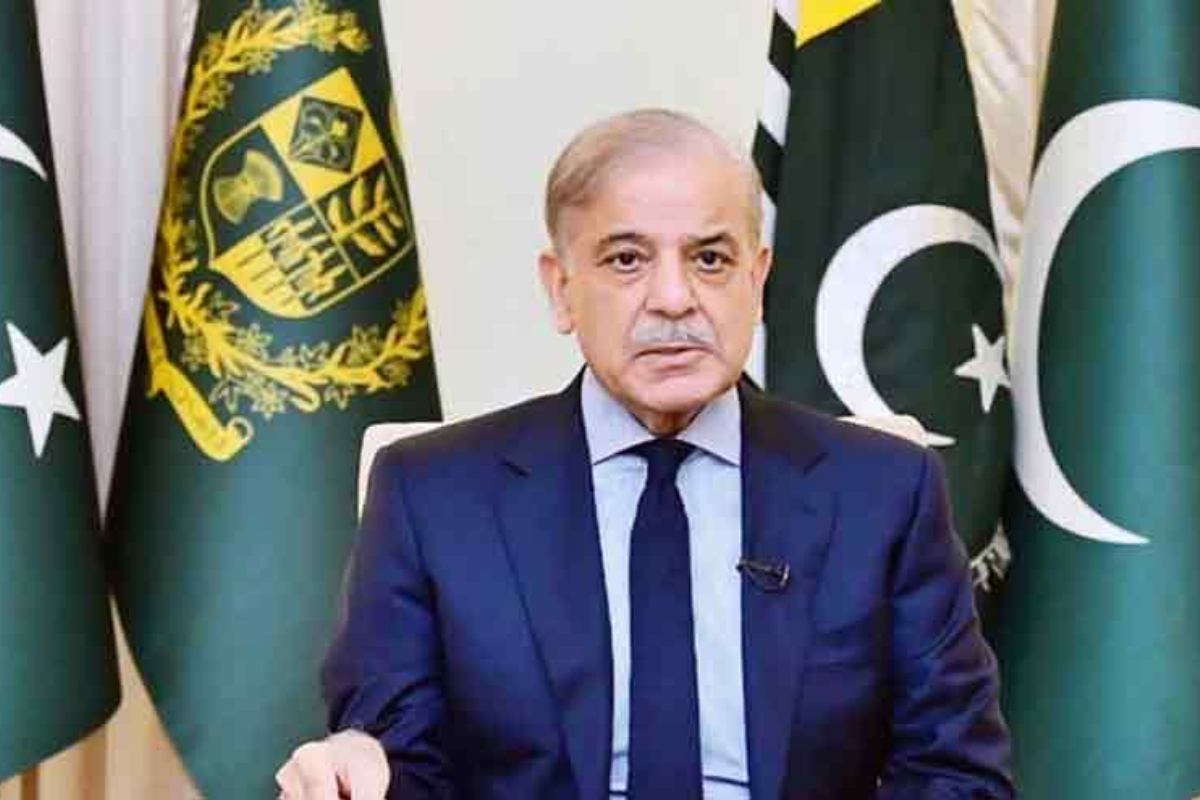The Taliban’s top commander announced a ban on poppy growing in Afghanistan on Sunday, saying that the hardline Islamist regime would punish farmers who planted the crop.
Afghanistan is the world’s largest grower of poppies, the source of sap that is processed into heroin, and its output and exports have skyrocketed in recent years.
“All Afghans are now advised that poppy growing is now totally outlawed across the nation,” declared a proclamation issued by Supreme Leader Hibatullah Akhundzada.
The edict was read aloud at a press conference attended by reporters, foreign diplomats, and Taliban officials by government spokesperson Zabihullah Mujahid.
“If someone defies the edict, the harvest will be destroyed immediately, and the culprit will be dealt with in accordance with Sharia law,” it said.
It is not the first time the conservative organisation has threatened to abolish the practise. Production was prohibited in 2000, just before the organisation was deposed by US-led forces in the aftermath of the September 11 attacks.
The Taliban harshly taxed farmers farming the crop in regions under their control throughout their 20-year fight against foreign forces.
It became an important source of revenue for the organisation.
During their two decades in Afghanistan, US and NATO forces attempted to reduce poppy growing by paying farmers to plant other crops such as wheat or saffron.
Experts claim the Taliban, which controlled the key poppy-growing districts and made hundreds of millions of dollars from the trade, foiled their efforts.
Deputy Prime Minister Abdul Salam Hanafi denied that the Taliban aided in the growth of poppy plants during their war.
“How come it was spread all over the globe while they (US-led forces) had complete authority over Afghanistan?” Hanafi wondered on Sunday.
According to Afghan media sources, output has surged in two southern provinces, Kandahar and Helmand, since the Taliban took power in August, though data is lacking.
According to the United Nations Office on Drugs and Crime, Afghanistan maintains a near monopoly on opium and heroin, accounting for 80 to 90 percent of global output.
According to UN estimates, the quantity of land planted with poppies reached a record high in 2017 and has averaged approximately 250,000 hectares in recent years, almost four times the level in the mid-1990s.
[embedpost slug=”/afghanistans-taliban-ordered-a-halt-on-poppy-planting/”]

